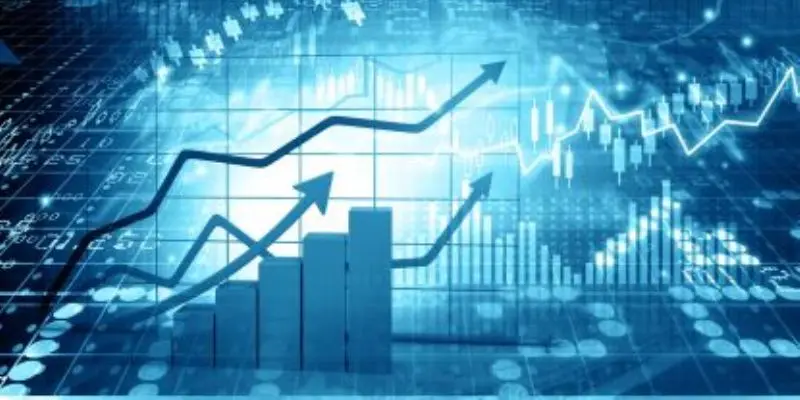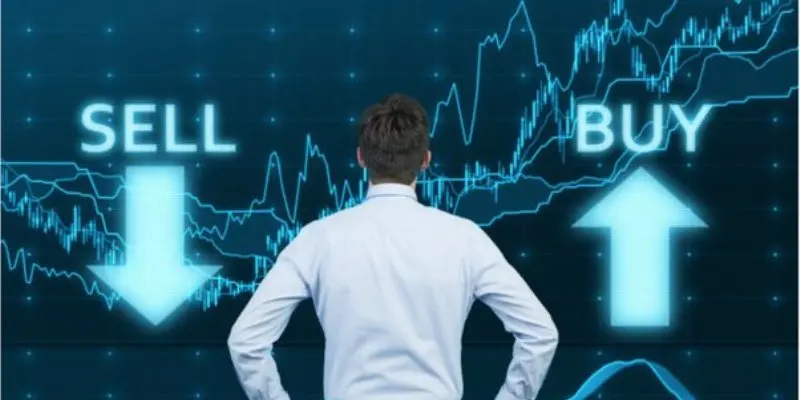Stock Market Futures Explained
Stock market futures provide traders with valuable information as markets open. Instead of waking up in the morning to hear business news on CNBC and seeing individual stocks advancing or declining, index futures can tell you what the majority of stocks are doing.
These contracts are traded on margin, meaning that a trader only has to put up a small percentage of the contract value. This is a form of leverage, which can magnify returns but can also increase losses.
They are standardized contracts
Stock market futures are standardized contracts that give investors the power to buy or sell indexes. These contracts are traded on exchanges, like the CME Group, which provide a central forum for buyers and sellers to conduct business. They also act as a backstop for every trade, guaranteeing that a contract will be honored and reducing so-called counterparty risk. Investors often trade these derivatives because they offer a way to magnify small price movements and gain profits.
Investors can buy or sell futures contracts based on their view of the direction of a particular index. They can also use these contracts to hedge existing positions or speculate on the market’s potential direction.
Unlike options, however, they are obligated to complete the transaction if they purchase or sell an index futures contract. They can be settled in cash or rolled over to the next expiration date. These contracts have standardized specifications, including market lot, expiry day and method of settlement.
They are traded on a stock exchange
Many investors trade futures for hedging purposes or to speculate on the direction of the underlying asset. A futures contract is a standardized agreement to buy or sell a commodity at a specified price in the future. Traders often borrow money to trade, which magnifies the effect of small price movements. However, this also increases their risk.
Unlike stocks, which only trade during normal market hours, futures on stock indexes and individual stocks trade around the clock. Watching prices in index futures after-hours and before the market opens can help you predict where the markets may be headed in the morning.
To protect themselves from losses, investors must deposit a margin, or collateral, in their account when they trade futures. This is generally 10% of the value of the contract, although it can be much higher. The margin requirements are set by the exchange and mark-to-market daily. If the value of a futures position drops below a maintenance margin level, a margin call is issued to bring the position up to the required level.
They are hedging instruments
Stock market futures are hedging instruments that allow investors to reduce the risk of price movement in their stocks. They are traded on margin, which means that a trader only has to put up a fraction of the contract amount. The theoretical price of a futures contract is the current spot price plus the cost of carry.
Traders can also use index futures to hedge their positions or to speculate on the direction of the market. These derivatives are based on indexes such as the Dow, S&P 500, and Nasdaq 100. They are highly liquid and can be traded outside of regular trading hours.
Investors need to be aware that stock market futures have high leverage. A 5% change in prices can cause an investor to lose more than his or her initial margin deposit. This volatility may not be suitable for all investors. Before investing in stock market futures, you should ask your broker about the level of leverage they provide and how much you will be charged for buying and selling them.
They are speculative instruments
Speculators use market index futures for hedging, trading and investments. They can also act as leading indicators to determine market sentiment. Investors can purchase or sell these instruments and earn relatively small but consistent profits. They are traded long and short, and are often used as volatility tools. Market index futures also offer seamless historical data that can be analyzed over a wide range of time frames, making them more accurate than front month contract symbols.
To trade stock market index futures, traders must open a new account with a broker that supports these markets. These accounts usually require more detailed information than a standard stock brokerage account. For example, a commodity broker may ask you to provide information about your investing experience, net worth and risk tolerance. They will also let you know the maximum leverage they will allow you to take, which is typically much higher than what you would get in a stock brokerage account.



